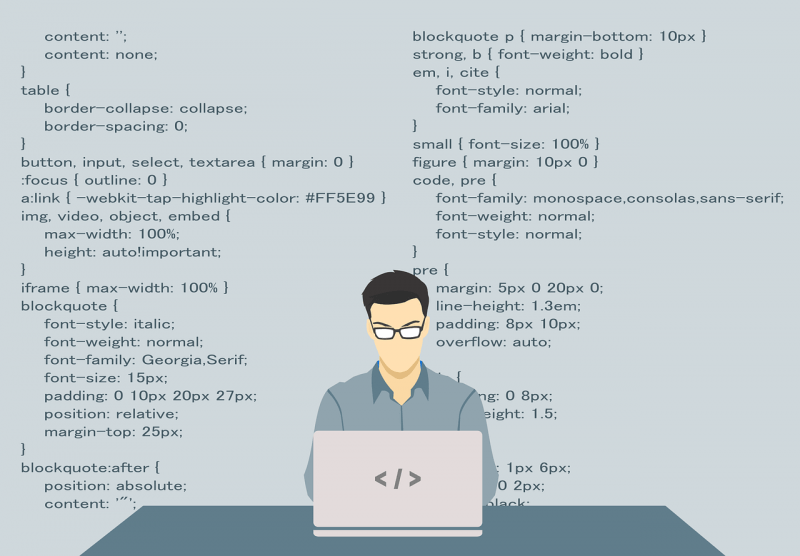Are you interested in working as a coding professional? The job market is currently hot showing no signs of slowing down. However, those who want to snag the best jobs and find the highest paying positions need to be careful about how they proceed. You can save time and headaches by reviewing the essential steps for building a long-term career as an employee, self-employed worker, or teacher.
The journey begins with a self-assessment, during which you’ll discover what kind of learner you are, what your budget is for career development, whether you want to earn a four-year degree or attend an academy, and what kinds of positions appeal to you most. After that, explore how to pay for your education, which academies are best suited to your particular goals, how to begin as a freelancer, why you need a targeted resume, and how to get an entry-level job. Here are details about each step.
Complete a Self-Assessment
Is a degree in your future, or would you rather learn on your own? If you study at an academy or a college, do you prefer online or in-person instruction? Do you need to connect with a mentor who can guide you through each step of the process? What can you afford for college expenses, academy fees, resume writing, and startup costs for a solo freelance business? How invested are you in the actual scope of the work? Consider attempting some coding projects for beginners to get a feel for how you will be spending your days.
Those questions are just a few of the central ones that you need to investigate. Be honest with yourself and try to write down all your feelings and responses. Wait one or two days, and then review what you’ve written to see if any changes are in order. Don’t skip this step, as it provides data for the remaining parts of the process.
Get a College Degree
Many coders and programmers hold college degrees, and formal education is probably the single best way to prepare for a solid, secure career in coding or any kind of IT or programming niche. While college is the best preparation, it’s also the costliest. Luckily, student loans are available for applicants from all backgrounds. Taking out a student loan before you begin coursework is the ideal situation. It’s the perfect way to focus on studying and absorbing knowledge without having to wonder how you’re going to pay for next semester’s tuition. If you’re headed to college, check into student loans and see what your options are.
Check the Academies
The term academies covers a broad spectrum of online and in-person tutorials and stand-alone courses that teach coding. Many bill themselves as bootcamps or intensives. Always check the credentials of an academy before you sign up or pay. The best ones are well-known in the industry. It’s smart to ask a professional programmer about which academies might be best for you to attend.
Become a Freelancer
Ask an experienced, employed coding expert how they got started, and a large percentage of them will say as a freelancer. It makes sense to offer your skills to local businesses while searching for a permanent position. Some enjoy freelancing so much they choose to do it long-term. You’ll need excellent people skills, a great looking website, and an ongoing advertising effort to bring in clients.
Get a Relevant Entry-Level Job
Experience in a related, non-coding area is a good thing to have. It demonstrates your commitment to learning new skills and becoming acquainted with the IT industry as a whole. Don’t be reluctant to take part-time or full-time jobs on a temporary basis while aiming for career-based employment. Positions like technical support, basic data entry, and working as a software tester are great ways to earn a decent paycheck, gain experience, and enhance your resume.







